
A photo shows how Kafr al-Zayat's patient was mistreated inside the hospital - Social media photo
CAIRO - 15 August 2019: An HIV/AIDS patient on Wednesday was expelled from a hospital in Kafr al-Zayat, a city in Egypt's Gharbia governorate. Photos showed the action was also done in a humiliating way, and those involved in the incident are investigated.
A top official in the hospital claimed in an interview with Masrawy that the Human Immunodeficiency Virus (HIV/AIDS) patient had abused illegal drugs.
In a statement, the Ministry of Health blamed the officials for expelling the patient without taking medical and legal procedures required for him. The ministry affirmed that those who dealt with the patient in the way shown by the photos spreading on social media must be held accountable.
Officials of the National HIV/AIDS Program headed to the fever hospital in Gharbia, to check the arrival of the patient to the hospital, but did not find him. Some workers said he returned home instead.
The statement said that officials are trying to reach the patient to be placed under quarantine in the places treating HIV/AIDS patients.

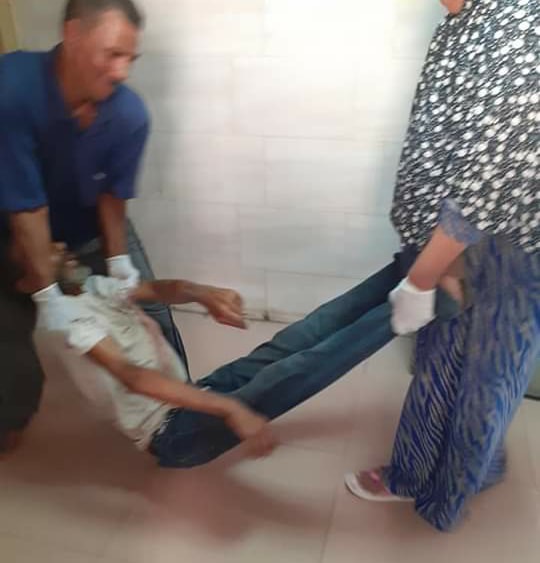
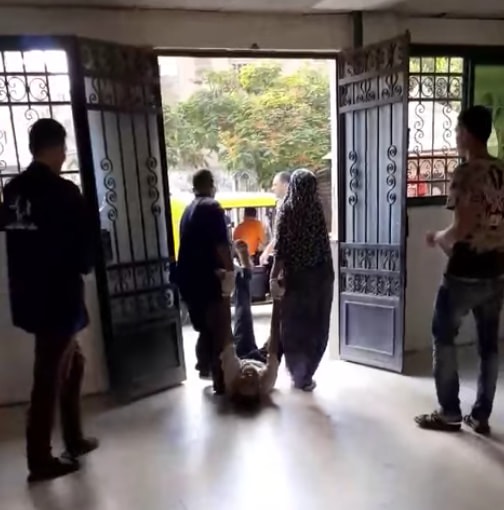
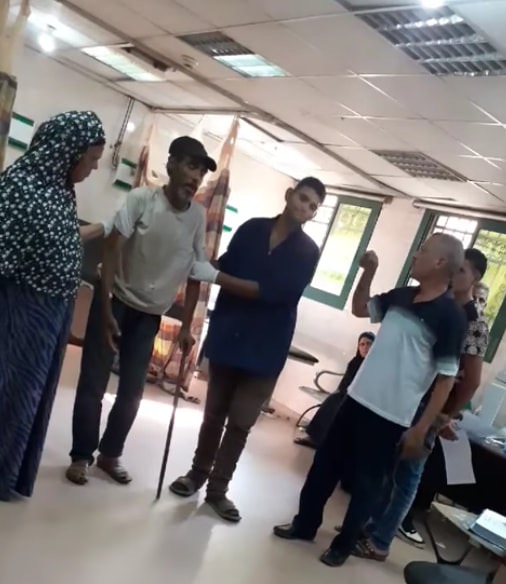
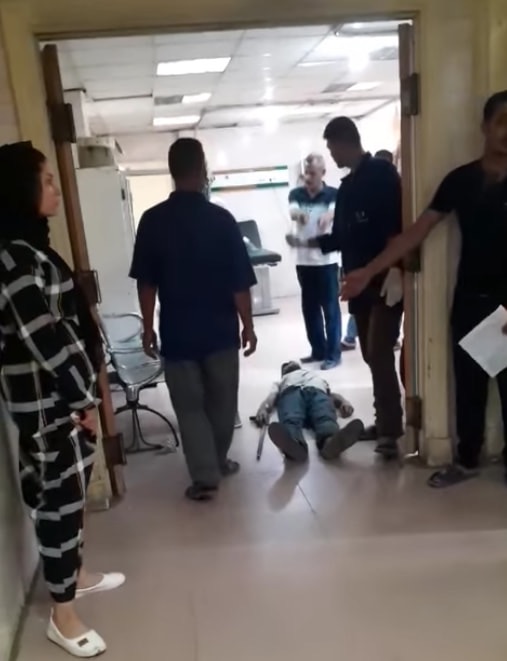
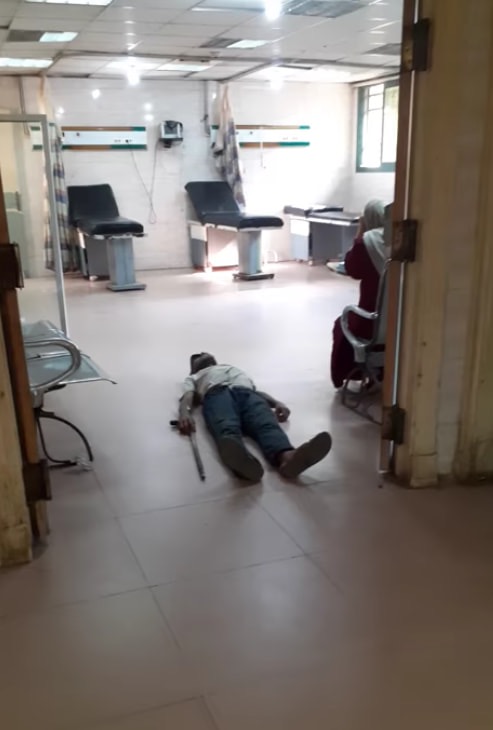
HIV/AIDS (aka stage 3 HIV) is a condition that may be developed when the HIV virus manages to cause serious damages to the immunity system.
HIV patients can live a normal life span thanks to HIV developed medications.
Patients contracting HIV/AIDS are more subject to be infected with diseases including certain cancers, as it is hard at this point for their immunity system to be repaired. Subsequently, life expectancy is severely affected.
Men are less likely to test for HIV or access antiretroviral therapy and, therefore, are more likely to die of AIDS-related illnesses than women, according to a UNAIDS report released on World AIDS Day last year.
Around the world, fewer than half of HIV-positive men are getting treatment, compared to 60 percent of women, the report added. Men are also more likely than women to start treatment late, interrupt it, and not follow up after treatment.
Egyptian Minister of Health announced in September, 2018, a national plan to eliminate the HIV/AIDS in Egypt by 2030. The plan is considered a part of a bigger international plan to end the deadly condition.
Khaled Megahed, the Health Ministry’s spokesman, said that the ministry has created several strategic plans that aim to decrease the infection rate and totally end infection with HIV/AIDS by 2030.
As part of the plans, Megahed said that the ministry will provide medical examination opportunities for those who faced infection risk, and supply infected people with antiretroviral drugs. From a social perspective, Megahed said that the ministry is strengthening its awareness efforts to prevent behaviors that can lead to the infection with HIV.
For his part, Alaa Eid, head of Preventive Medicine Sector at the Ministry of Health and Population, said that antiretroviral drugs for HIV have been provided through 15 specialized centers to 100 percent of the recorded HIV patients, affirming that such treatment are provided for free.
Eid said that the Preventive Medicine Sector has issued a number of publications that urge health institutions to introduce all medical services required for people infected with HIV, while maintaining the confidentiality of patients’ records and ensuring equality between HIV patients and other patients.






Comments
Leave a Comment